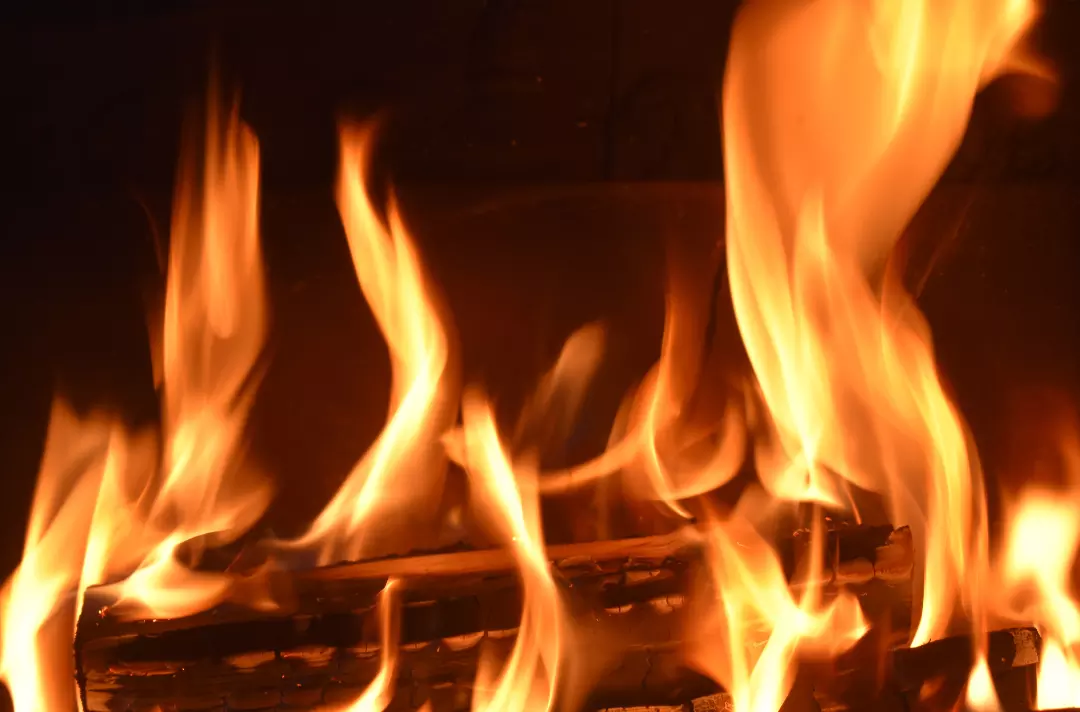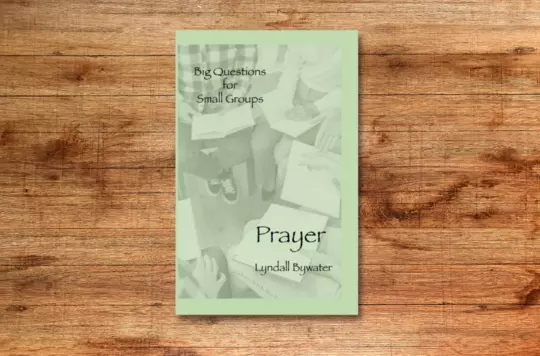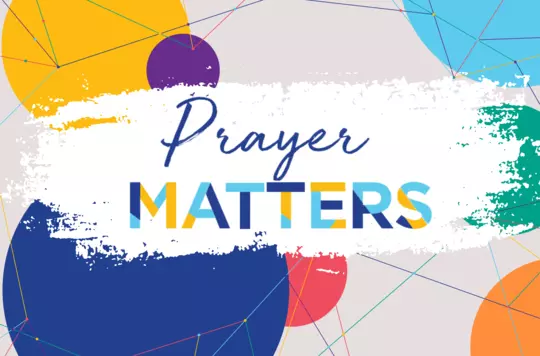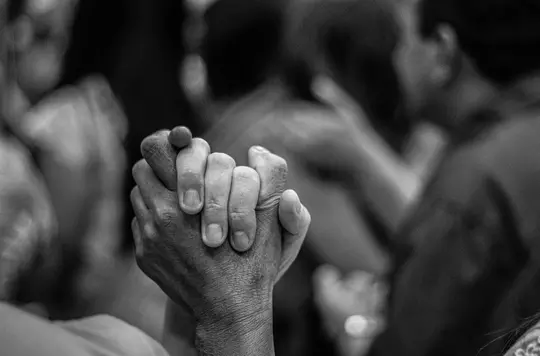27 January 2024
The UKI Boiler Room: Are you combustible?
Lyndall Bywater

Lyndall Bywater asks what it means to be 'on fire'.
About six years ago, I acquired a log burner. Little did I know it would mark the beginning of a long and often arduous learning curve for me! The log burner and I are seldom on friendly terms, but it has given me plenty of opportunity to think more deeply about what it means to be ‘on fire’.
At the start of the Encounter Prayer Gathering this weekend, I am sharing some thoughts from the Bible about fire, and I offer them to you here.
First, all the best fires in the Bible are started by God. The stories of the Old Testament leave us in no doubt that God uses fire to signal encounter (the burning bush in Exodus 3:2), presence (the pillar of fire in Exodus 13:21), approval (consuming the offerings in the Temple in 2 Chronicles 7:1) and power (burning up Elijah’s sacrifice in 1 Kings 18:38). On many occasions, God’s people also understood fire to be a sign of God’s judgement. When fire came, by some miracle that defied their understanding, they knew it was God showing up to meet with them.
Those ancient stories cause me to look differently at a beautiful little corner of John’s Gospel: a moment when Jesus, God made man, laid his very own fire (see John 21:9). This beloved friend, whom the disciples believed they had lost, was suddenly there on the beach, bringing fire to their forlorn lives, as if he were saying: it’s OK, God is here.
One of the saddest misunderstandings about being on fire for God is the idea that we need to stir ourselves up and get the fire going. When life is a struggle, that can be tremendously difficult. I encourage you to take heart. The fire comes from God, and it comes to you exactly the way you need it. The Israelites needed a great pillar, Elijah needed a mighty blast, Moses needed a burning bush and Solomon needed a breathtaking cloud. And the disciples needed some breakfast.
Second, God’s fire requires an altar. God’s people also understood that God’s fire was intrinsically linked to the altar where they offered sacrifices. Once Aaron and the priests had set up the first altar in the Tabernacle – the Israelites’ place of worship during their time in the wilderness – God set a fire on it and commanded them never to let it go out (see Leviticus 6:13). The fire was God’s, but the altar was theirs to tend.
The apostle Paul would have been very familiar with that fire on the altar, albeit many centuries later, and that makes his words to the Corinthians rather remarkable: ‘Do you not know that you are God’s temple and that God’s Spirit dwells in you?’ (1 Corinthians 3:16 Revised Standard Version).
It’s as though Paul sees Pentecost as the moment when God sent the fire to the new temple – into the lives of Jesus’ followers – and those individual lives are now the altars where the fire of God never goes out. We may not always feel on fire, but what if we could rest in the knowledge that it is God who sets a fire in us? Our job is simply to welcome the fire and let it burn in us.
I offer you three pieces of 'altar advice':
The driest logs burn the best
Pentecost fire came to the disciples when they were locked in a room at their most bereft and frightened (see Acts 2:1 and 2). Being in a dark, fearful or dry place is never an obstacle to God’s fire.
We must make space for God to work
Paul talks about God’s fire doing work in us, burning up things we need to get free from and strengthening the things that are precious and eternal (see 1 Corinthians 3:13). We stop to pray; we surrender our agendas; we welcome God’s refining; and we trust God’s shaping.
God’s fire is a gift
The fire comes from God, but we can do some stoking. Paul told Timothy to fan into flames the gift that God had given him (see 2 Timothy 1:6). We can tuck that gift away in a corner and keep it burning low, or we can stir it up. It’s always worth asking which gift God is inviting you to fan into flames at that particular moment. As you start doing the thing God is calling you to, you might just feel the fire blaze.
Written by

Lyndall Bywater
UKI Boiler Room Team
Discover more

Major Gary Lacey explains the inspiration behind the UKI Boiler Room.

Lyndall Bywater shares that the fire of God is available to us all.

Ease yourself into the day with a relaxed mix of music, chat and a few inspirational moments to stir your soul.

Lyndall Bywater asks how you are living in response to God’s unfailing love.

Rebecca Goldsmith interviews Lyndall Bywater, author of 'Big Questions for Small Groups: Prayer'.

Lyndall Bywater explores some of the big questions surrounding prayer and tries to tackle some of the seemingly illogical bits too.

